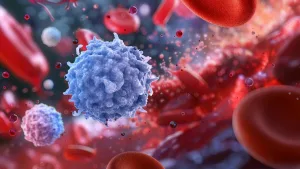Brain Injury and Increased Risk of Criminal Behavior: A New Study
A groundbreaking new study has revealed a potential link between brain injury and an increased likelihood of criminal or violent behavior. The research focuses on damage to a specific white matter pathway in the brain known as the right uncinate fasciculus.
The Right Uncinate Fasciculus: A Key Player
The right uncinate fasciculus is a crucial neural pathway connecting the frontal and temporal lobes. These areas are critical for:
- Decision-making
- Emotional regulation
- Behavioral control
Damage to this pathway can disrupt these vital functions, potentially leading to impaired judgment and increased impulsivity.
How the Study Was Conducted
Researchers meticulously analyzed brain scans and behavioral data from individuals with traumatic brain injuries. The study aimed to determine if there was a correlation between the severity of damage to the right uncinate fasciculus and subsequent criminal or violent behavior.
Key Findings of the Research
The results indicated a significant association between damage to the right uncinate fasciculus and an elevated risk of engaging in criminal or violent acts post-injury. This suggests that the integrity of this pathway plays a vital role in maintaining socially acceptable behavior.
Implications for Treatment and Rehabilitation
These findings have important implications for the treatment and rehabilitation of individuals with brain injuries. Understanding the connection between specific brain damage and behavioral changes can help healthcare professionals:
- Develop targeted therapies to address impaired decision-making and emotional regulation.
- Implement strategies to reduce the risk of future criminal behavior.
- Provide comprehensive support to patients and their families.
Final Words
This study sheds light on the complex relationship between brain structure and behavior. By identifying specific neural pathways involved in behavioral control, researchers are paving the way for more effective interventions and a better understanding of the consequences of brain injury.




+ There are no comments
Add yours